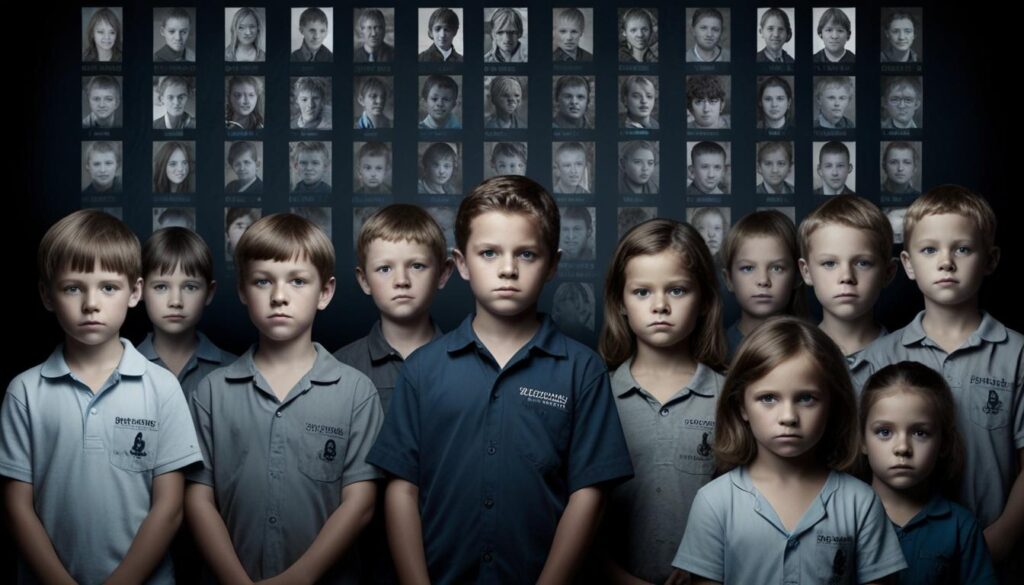An investigation by Human Rights Watch uncovered that images of Australian children have been integrated into AI datasets without permission, raising concerns about privacy and potential misuse in malicious applications like deepfake technology. HRW calls for legislative updates to safeguard children’s personal data from exploitation.
A Human Rights Watch (HRW) study reveals that photos of Australian children have been incorporated into datasets used by several AI image-generating tools without consent from the children or their families. This includes images from the Laion-5B dataset, utilized by services such as Stability AI’s Stable Diffusion and Midjourney.
HRW’s analysis of less than 0.0001% of the 5.85 billion images in the Laion-5B dataset identified 190 photos of Australian children, obtained through scraping the internet. These images often contained identifiable information, including names, ages, and locations, particularly from school websites and photo-sharing platforms. HRW highlighted that some of these sources are not indexed by search engines like Google but are still publicly accessible.
Laion, the entity behind the dataset, responded by stating it had removed the private children’s data reported by HRW. However, they emphasized that the underlying images remain accessible on the internet and can be re-scraped by other data collectors.
HRW raised concerns about the potential misuse of these images in malicious AI applications, such as deepfake apps. They called for legislative updates to the Privacy Act to prohibit the scraping of children’s data and the non-consensual digital manipulation of children’s likenesses. Recent legislative efforts include the federal government’s ban on the creation and distribution of deepfake pornography, though HRW argues that further measures are needed to protect children’s personal data from misuse.










